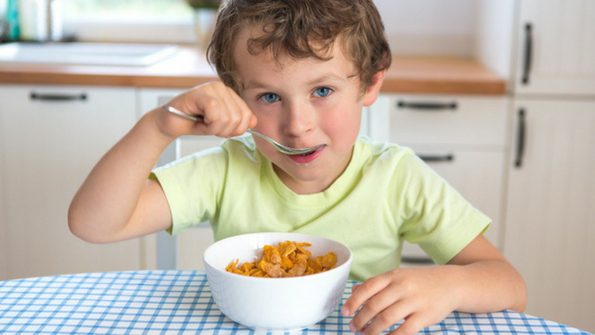8 tips for eating vegetarian and vegan with kids
Be mindful of missing nutrients
While plant-based foods provide most essential nutrients, they do not supply vitamin B12. Necessary for healthy nerve and blood cells, this vitamin is found naturally only in animal-based foods. But because B12 is poorly absorbed by the body, even meat eaters can be deficient—which means vegetarian and especially vegan kids run the risk of B12 deficiency.
Vegetarian children can get vitamin B12 from cheese, milk, yogurt and eggs, while vegan (and vegetarian) kids can rely on B12-fortified breakfast cereals, almond milk, soymilk and nutritional yeast. Also consider giving them a multivitamin or a straight B12 supplement.
Iron is another common nutrient vegetarians and vegans lack. The iron in plant foods is different than the iron in meat, and the plant version is harder for the body to absorb. To make sure your kids get enough iron, serve lots of lentils, dried beans, spinach, soybeans, tempeh and iron-enriched breads and cereals. Pairing these foods with high-vitamin C sources such as oranges, tomatoes, sweet peppers, kiwi and kale will aid in iron absorption.
